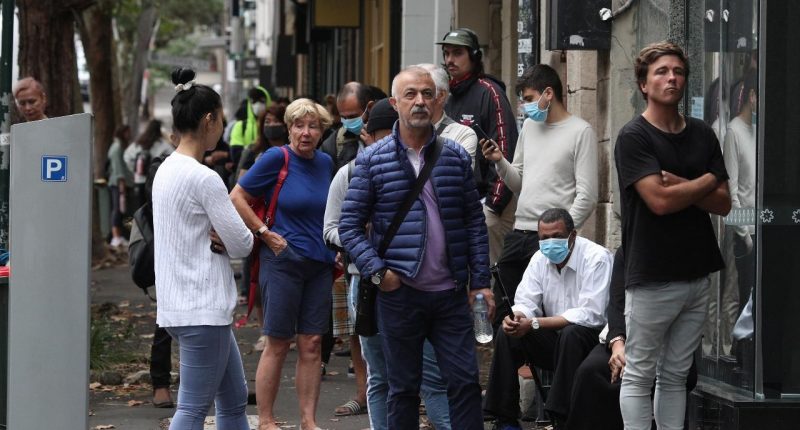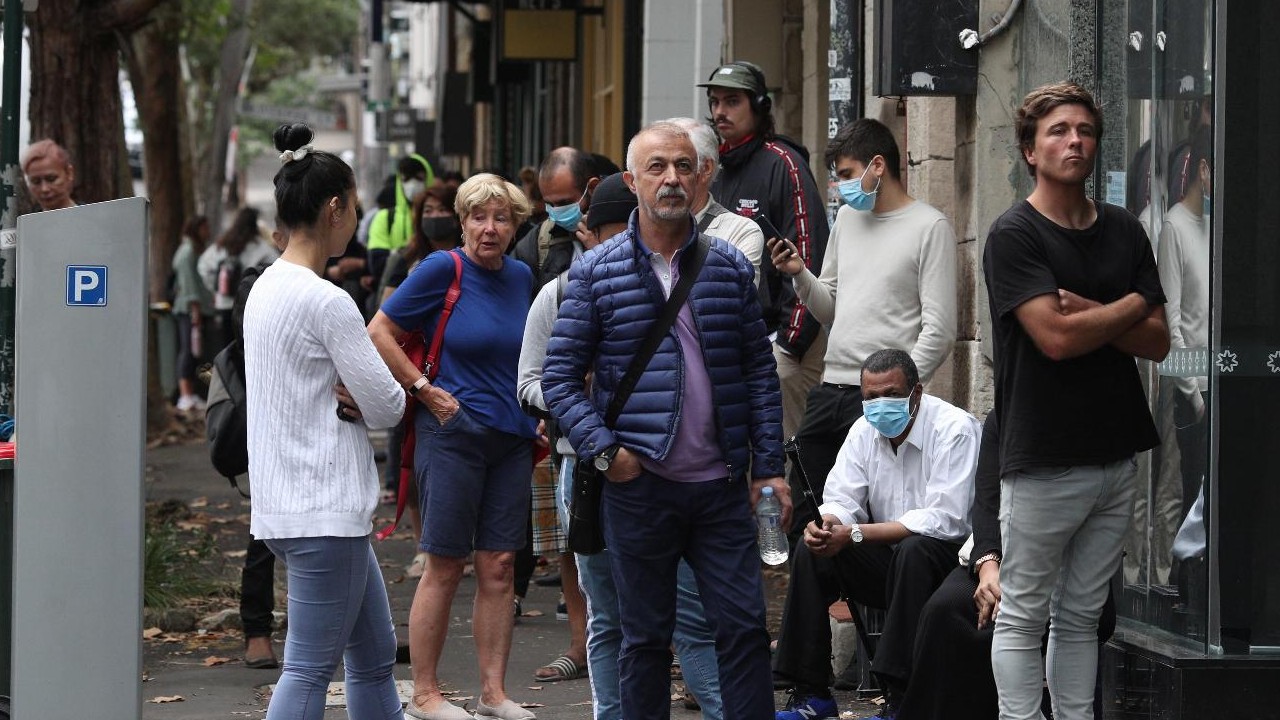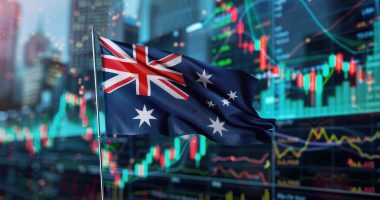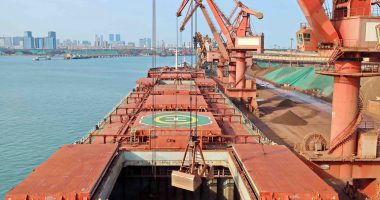- A new report by ACOSS and UNSW has found the people hit hardest economically by COVID-19 are those in lower-income areas
- In September this year, the number of people on income support payments was 27 per cent higher than pre-pandemic
- Additionally, it is in lower-income areas which have had the greatest increase in reliance on income support payments
- ACOSS recommends the government not proceed with its plan to abolish the COVID Disaster Payments once vaccination rates hit 80 per cent
COVID-19 has left a “scorched economic path” across Australia, according to a new report by the Australian Council of Social Service (ACOSS) and UNSW Sydney.
The report found, the number of people on income support payments – JobSeeker Payment, Youth Allowance and Parenting Payment – was 27 per cent higher in September this year than before the pandemic.
The areas with the greatest increase in reliance on base income support payments were categorised as lower-income before the pandemic.
For instance, areas of west and south-west Sydney had an increase between September 2019 and September 2021 of 3000 to 7000 people per electorate on the payments.
Other areas to experience a similar trend were outer north-west and south-east Melbourne, northern Adelaide, far North Queensland and regions between Brisbane and the NSW border.
Backtracking to 2020, JobKeeper payments and Coronavirus Supplement reached 44 per cent of the Australian workforce, and in fact, some 400,000 people were lifted out of poverty.
In March this year, both of these support payments were scrapped, and the Jobseeker payment was raised by $25 per week.
A new COVID Disaster Payment in line with scrapped JobKeeper payments was introduced for people currently in a lockdown.
ACOSS CEO Cassandra Goldie said the COVID Disaster Payment doesn’t account for the loss in hours or employment prior to or following a lockdown.
“Those who lost employment or paid hours a week before or after a lockdown have received nothing beyond the existing grossly inadequate income support payments, such as the $45 a day JobSeeker payment,” Dr Goldie said.
Further, Dr Goldie warned without additional support payments or measures, Australia could recover from COVID as a more unequal and divided country.
“In 2020, we showed we could respond to adversity with cooperation, by providing economic security to the vast majority. Last year, average incomes actually rose, despite the deepest recession in almost a century,” she said.
“But this year is a starkly different story. COVID has left a scorched economic path, particularly in areas that were more disadvantaged pre-pandemic. In so many communities, we are leaving people behind.”
“Unless we improve support now, income and social divides will fester across our major cities and outer urban areas.”
ACOSS has made several recommendations to the government, one of which is for the COVID Disaster Payments to be expanded. At the moment, the payments are earmarked to go once vaccination rates hit 80 per cent.








